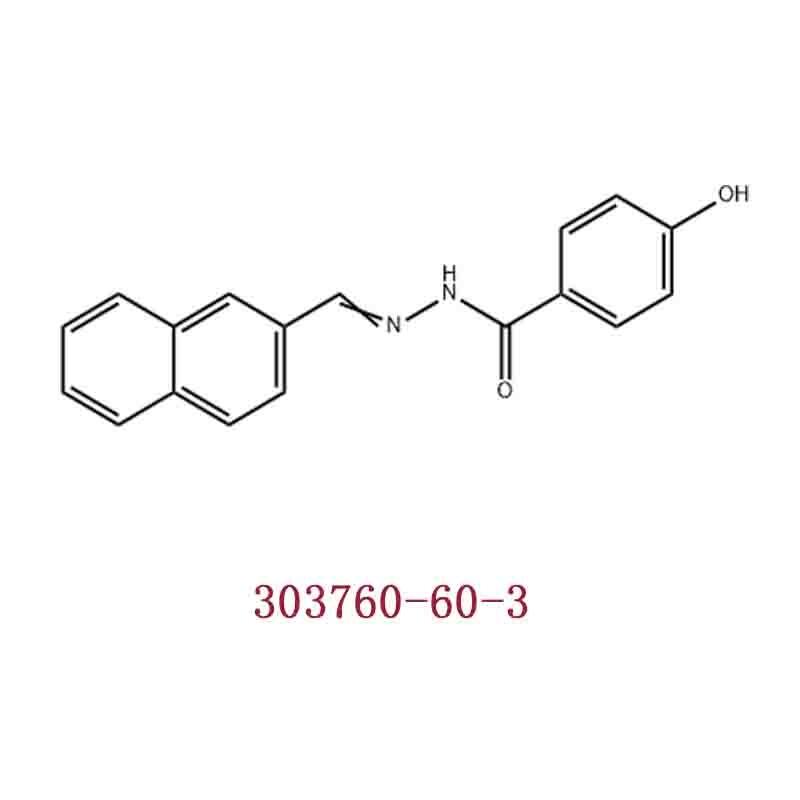-
Categories
-
Pharmaceutical Intermediates
-
Active Pharmaceutical Ingredients
-
Food Additives
- Industrial Coatings
- Agrochemicals
- Dyes and Pigments
- Surfactant
- Flavors and Fragrances
- Chemical Reagents
- Catalyst and Auxiliary
- Natural Products
- Inorganic Chemistry
-
Organic Chemistry
-
Biochemical Engineering
- Analytical Chemistry
-
Cosmetic Ingredient
- Water Treatment Chemical
-
Pharmaceutical Intermediates
Promotion
ECHEMI Mall
Wholesale
Weekly Price
Exhibition
News
-
Trade Service
For medical professionals only
9 recommendations, summarized in one article
Irritable bowel syndrome (IBS) is a common entero-brain interaction disease with a prevalence of 4.
Table 1.
9 Summary of recommendations
Q1: Should IBS-C patients use linalotide?
A1: Highly recommended
[Reason]: Symptoms were significantly relieved in IBS-C patients treated with linalotide compared with placebo (RR, 0.
A2: Conditional recommendation
[reason]: The use of tenapanol compared with placebo can lead to a significant improvement in symptoms in patients with IBS-C (RR, 0.
A3: Conditionally recommended
[reason]: IBS symptoms were significantly relieved in patients treated with pucarnacin compared with placebo (RR, 0.
A4: Conditional recommendation
[reason]: Compared with placebo, tegaserol is effective in relieving IBS symptoms in subjects (RR, 0.
A5: Conditionally recommended
[reason]: Although rubiaprostol significantly improved overall outcome and abdominal pain response compared with placebo, these differences did not reach clinically significant thresholds
.
A6: Conditional recommendation
[reason]: In clinical practice, PEG laxatives are often used for occasional constipation, CIC, and IBS-C
.
[reason]: Studies have shown that TCAs provide significant relief from abdominal pain symptoms
compared with placebo.
TCA reduces diarrhea and abdominal pain, but may also lead to adverse events (e.
g.
, dry mouth, sedation, and constipation
).
Therefore, TCA
should be selected based on the patient's symptomatic presentation.
Q8: Should SSRIs be used for patients with IBS-C?
[justification]: Limited data suggest that SSRIs did not significantly improve the overall symptoms of IBS or the effect of
abdominal pain.
Other studies have shown that in some patients, SSRIs can improve the perception
of overall IBS symptoms and health by improving coexisting changes in gastrointestinal symptoms, mood, and parenteral symptoms.
Serotonin-norepinephrine reuptake inhibitors have been shown to be effective for other pain conditions, but clinical trials
for IBS are lacking.
Q9: Should antispasmodic drugs be used for patients with IBS-C?
[reason]: Antispasmodics include a variety of drug therapies that have been used clinically for many years but have not undergone rigorous large-scale multicenter trials
.
There were considerable differences between trials, with the quality of studies generally low, but antispasmodics were significantly associated
with relief of systemic symptoms and abdominal pain.
It is unclear whether antispasmodics are more effective for specific IBS subtypes, but their routine use in constipation may be limited
due to their anticholinergic effects.
What are the recommendations of the Chinese consensus on the drug treatment of IBS-C?
The "2020 China Irritable Bowel Syndrome Expert Consensus" also recommends that antispasmodic drugs, osmotic laxatives and secretion-promoting agents can be used for the treatment of IBS-C, in addition, the "2020 China Irritable Bowel Syndrome Expert Consensus" also recommends that intestinal non-absorbed antibiotics can also be used for the treatment of IBS-C, the specific recommendations are as follows:
Table 2 "2020 China Irritable Bowel Syndrome Expert Consensus" in the IBS-C drug recommendation
References:
[1] Lin Chang,Shahnaz Sultan,et al.
AGA Clinical Practice Guideline on the Pharmacological Management of Irritable Bowel Syndrome With Constipation.
Gastroenterology.
2022; 163:118-136.
[2] Gastrointestinal Functional Disease Collaborative Group of Gastrointestinal Disease Branch of Chinese Medical Association, Gastrointestinal Dynamics Group of Gastrointestinal Branch of Chinese Medical Association.
Expert Consensus Opinions on Chinese Irritable Bowel Syndrome in 2020[J].
Chinese Journal of Digestion,2020,40(12):16.
Where to see more clinical knowledge of digestive liver disease? Come to the "Doctor's Station" and take a look 👇







